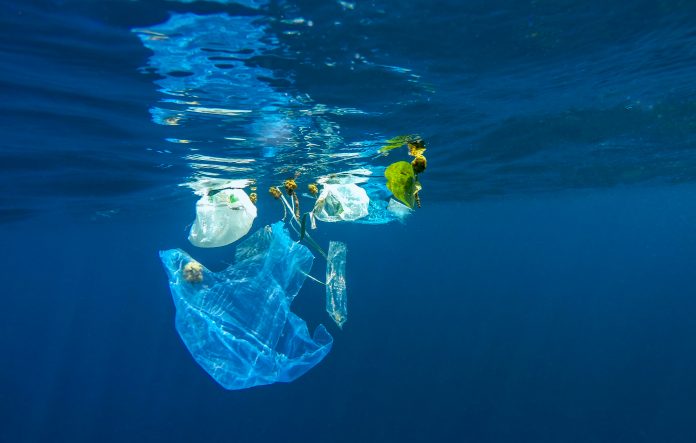Open Access Government produces compelling and informative news, publications, eBooks, and academic research articles for the public and private sector looking at health, diseases & conditions, workplace, research & innovation, digital transformation, government policy, environment, agriculture, energy, transport and more.
Home Search
earth systems - search results
If you're not happy with the results, please do another search
The priorities to increase global climate ambition
Open Access Government spoke to Oliver Bolton, CEO of Earthly about the priorities to increase global climate ambition in line with the Paris Agreement.
Georgiy Stenchikov – King Abdullah University of Science and Technology (KAUST)
Prof. Georgiy Stenchikov is a chair of the Earth Sciences and Engineering Program at King Abdullah University of Science and Technology since 2009.
Ground-based telescopes could now capture habitable planets
Scientists have developed a new system for mid-infrared exoplanet images, using ground-based telescopes to directly witness planets that are roughly three times the size of Earth.
COVID-19 and coevolving informatics: Defence logic from meiosis to AI
Chris Girard, Associate Professor at Florida International University, explores COVID-19 and coevolving informatics, including comment on defence logic from meiosis to AI.
Scientists find new truths about how forests impact air quality
Researchers are looking at how forests impact air quality, based on the classification of temperate trees and what that means for how the forest really works.
Nature needs legal rights to really protect biodiversity
Professor Dr Tineke Lambooy discusses why granting legal personhood to entities of nature could enable society to protect biodiversity for future generations.
Star formation science explained by discovery in new galaxy
The Atacama desert in Chile brings the world more new insights on star formation science, as revealed by researchers at the University of Bath.
Scientists are working on a new renewable energy source
Renewable energy sources are the environmentally ideal way to proceed, which includes massive lithium batteries that can be recharged - scientists are now looking to solve the scarcity problem of using lithium as a base.
Climate change will move the tropical rain belt by 2100
Researchers at the University of California found that climate change will move the tropical rain belt by 2100 - significantly impacting the food security of billions.
The highest ocean temperatures since 1955 are recorded
Despite the COVID related decrease in global carbon emissions, ocean temperatures hit the hottest on record in 2020.
Six new images from Hubble show how star formation works
Hubble released images of six galaxies in a nod to the spirit of the New Year, which make up part of their star formation exploration.
Cities contain 50% of the world’s population but are left out of climate calculations
While cities only occupy around 3% of the Earth, they are where 50% of the world's population live - but they are not usually included in global climate calculations, meaning that urban environmental problems can slip under the radar.
Funding research to protect oceans and marine life in the U.S.
Here, Open Access Government tracks the recent research efforts of the National Science Foundation’s Division of Ocean Sciences.
Engineering research keeps America’s future competitive
Robert B Stone and Jordan M Berg, of the Civil, Mechanical and Manufacturing Innovation Division at the U.S. National Science Foundation, chart precisely how engineering research improves people’s lives.
How are seasonal climate forecasts contributing to energy and water industry management?
Here, Alberto Troccoli explains why and how Europe’s H2020 project SECLI-FIRM continues to offer accurate seasonal climate forecasting which can reduce risk and cost alike for energy and water businesses.
Research on tropical forest resilience to hurricane damage
Jess K. Zimmerman, Professor at the University of Puerto Rico, charts the challenges to tropical forest resilience to hurricane damage revealed by long-term research in Puerto Rico.
The largest challenge to achieve net-zero by 2050: Decarbonising heat
Professor Martin Freer, Director of Birmingham Energy Institute, University of Birmingham, details his thoughts on overcoming our largest challenge to achieve net-zero by 2050.
Climate University: Teaching and learning for a sustainable future
The Institute for Atmospheric and Earth System Research (INAR) talks us through the online learning opportunities available at Climate University to tackle the challenges of climate change and sustainability.
The UK’s plans to boldly become a global leader in space
Graham Turnock, CEO, UK Space Agency charts the UK’s plans to boldly become a global leader in space.
How HPC is pioneering ground-breaking research
As the research world tirelessly looks for ways to solve unique data challenges to address scientific conundrums, now more than ever technology is key and HPC is the answer, explains Russell Slack, Managing Director at OCF.





















